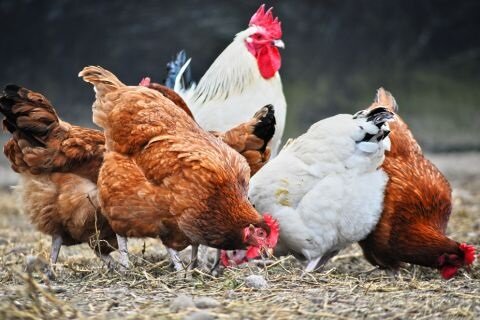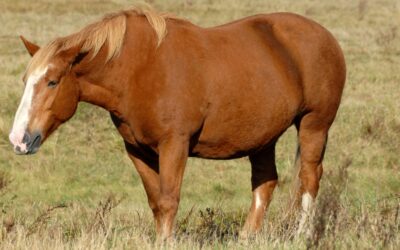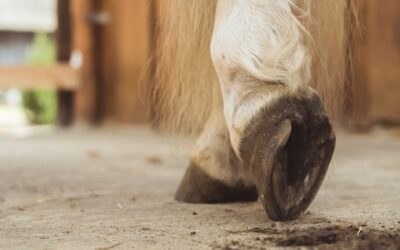
The allure of fresh, homegrown eggs and the satisfaction of raising your own food are undeniable draws to free-range chicken farming. But before you hatch a plan, it’s vital to understand the realities and responsibilities of caring for a flock. This guide explores the essentials for getting started with free-range chickens, from choosing your feathered friends to building a safe and healthy environment.
Why Free-Range?
Free-range farming allows chickens to roam outdoors during daylight hours. This natural environment provides them with opportunities to forage, dust bathe (which helps control pests), and express their natural behaviors. Compared to caged hens, free-range chickens tend to produce higher-quality eggs with richer yolks and stronger shells.
A Guide to Free Range Chicken Farming
While it may be tempting to just jump right in, free-range chicken farming requires a bit of forethought and planning to be successful. From building materials to feed, here are some things you’ll need to consider for your project:
Assessing Your Resources
- Space: Chickens require adequate room to roam. A general rule is 4 square feet per bird outdoors, with a minimum of 1 square foot of coop space.
- Time: Chickens require daily care, including feeding, watering, coop maintenance, and monitoring their health.
- Predators: Free-range birds are vulnerable to foxes, hawks, and other predators. Secure fencing and a predator-proof coop are essential.
- Local Laws: Check local ordinances for restrictions on backyard poultry keeping.
Choosing Your Coop
- Size: Accommodate your flock comfortably. Consider future expansion plans.
- Ventilation: Proper airflow prevents moisture buildup and respiratory issues.
- Nesting Boxes: Provide one nest box for every 3-4 hens. Line them with fresh nesting material, such as straw chicken bedding, regularly.
- Perches: Chickens love to roost. Install sturdy perches at varying heights inside the coop.
Fencing Your Run
- Height: A fence needs to be at least 6 feet high to deter predators. Consider extending fencing underground to prevent digging predators.
- Strength: Use a sturdy material like hardware cloth that can withstand determined animals.
- Security: Ensure there are no gaps or weaknesses in the fence where predators can squeeze through.
Selecting Your Flock
- Breeds: Research breeds suitable for your climate and egg production goals. Popular free-range choices include Rhode Island Reds, Plymouth Rocks, and Australorps.
- Age: Decide between chicks, pullets (young hens), or hens. Chicks require more care, pullets are nearing egg-laying age, and hens are proven egg producers.
- Source: Buy from reputable hatcheries or breeders who prioritize bird health.
Feeding Your Chickens
- Chick Starter: Provide a commercially prepared chick starter for the first 6-8 weeks.
- Layer Feed: Switch to a laying feed formulated for egg production once your hens reach maturity (around 18 weeks old).
- Supplements: Consider grit (for digestion) and oyster shells (for strong eggshells) depending on your feed choice.
- Fresh Water: Provide clean, fresh water at all times.
Maintaining a Healthy Flock
- Cleanliness: Maintain a clean coop by removing droppings and soiled bedding regularly.
- Parasite Control: Rotate dust bathing areas and use poultry-specific dust to help manage mites and lice.
- Vaccinations: Discuss vaccination needs with a veterinarian or local poultry extension service.
- Biosecurity: Minimize the introduction of disease by wearing dedicated shoes when entering the coop and practicing good hygiene.
The Rewards of Free-Range
Free-range chicken farming offers more than just fresh eggs. It’s a chance to connect with nature, witness fascinating chicken behavior, and enjoy the satisfaction of self-sufficiency. With proper planning, dedication, and a love for these feathered friends, your free-range chicken adventure can be a rewarding and enriching experience.
Don’t wait to start reaping the rewards of fostering your DIY free-range chicken farm today!




